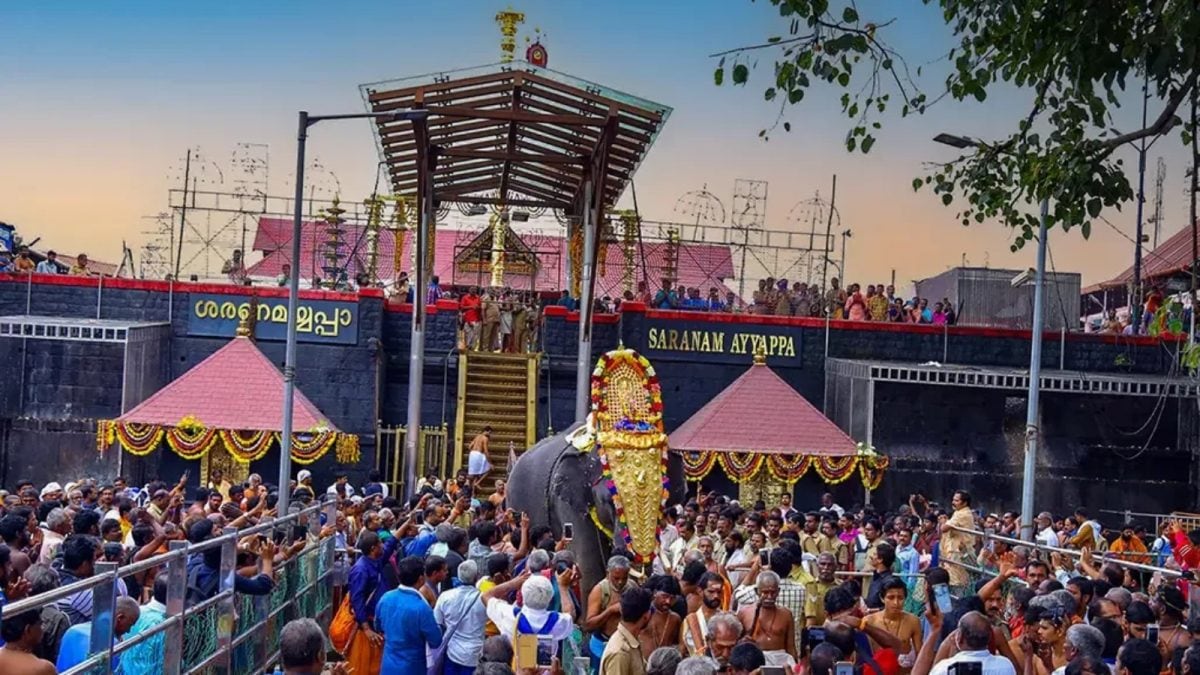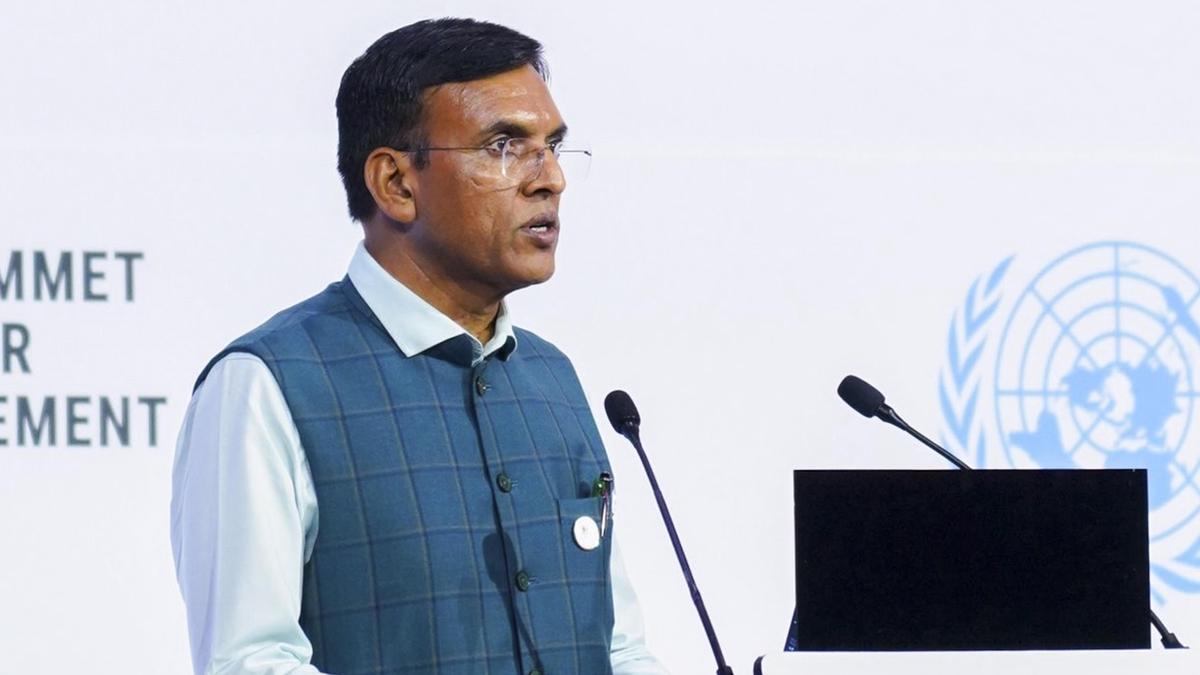In a significant verdict that downgrades the State government’s control over management of Bangalore Metro Rail Corporation Limited (BMRCL), the High Court of Karnataka has ruled that the Central government is the “appropriate government” for the BMRCL under the Industrial Disputes (ID) Act, 1947, as BMRCL is a “railway company” and operates with the ‘consent’ of the Centre.
Also, the court quashed notifications issued by the State government declaring BMRCL services as “public utility” in 2019 and “essential services” in 2017 while declaring that the State government lacked jurisdiction to issue such notifications under the ID Act, 1947, and the Karnataka Essential Services Maintenance Act (K-ESMA), 2013, respectively when such power is vested with the Centre.
The court also restrained the State government from granting any exemption under Section 14 of the Industrial Employment (Standing Orders) Act, 1946, to BMRCL from the provisions of this Act, while upholding the Central government’s authority to refer industrial disputes concerning BMRCL to the Central Industrial Tribunal.
Justice Anant Ramanth Hegde passed the order allowing the petitions filed by BMRCL Employees’ Union questioning the State government’s authority under ID Act and the K-ESMA.
Meanwhile, the court dismissed the BMRCL’s petitions, in which it had questioned the orders passed by the authorities of the Central government declaring 12 office bearers of the BMRCL Employees’ Union as “protected workmen” under the ID Act, 1947, during 2019-22.
The court also quashed the BMRCL Employees (Conduct, Discipline and Appeal) Rules, 2014, as it was certified by the State government without the authority to do so.
Centre has control
While analysing the provisions of Central legislations- Metro Railways (Construction of Works) Act, 1978, Metro Railways (Operation and Maintenance) Act, 2002, and the Memorandum of Understanding amongst the Centre and State governments and BMRCL, the court said that though the State government plays a key role in BMRCL, major administrative decisions require approval from the Central government.
“While both government holds a 50:50 share in BMRCL, the Central government has pervasive control and the State government plays second fiddle to the Central government,” the court said.
The State government’s claim that BMRCL’s Board includes its own Ministers and secretaries doesn’t prove that BMRCL operates independently or solely under the control of the State, as the latter has to act in establishing, maintaining, and operating the ‘railway’ only after necessary approval or concurrence of the Central government, the court said.
‘A railway company’
While rejecting the State government’s claims, the court accepted the contention of the Employees’ Union that BMRCL is a “railway company” as per the provisions of the ID Act and the Indian Railways Act, 1890. Since BMRCL is a “railway company”, the court said the “appropriate government” would be the Central government in terms of the provisions of the ID Act and the Contract Labour (Regulation and Abolition Act, 1970 to address the industrial disputes.
With regard of invoking provisions of K-ESMA, 2013 on BMRCL services, the court, on analysing the provisions of Motor Vehicles Act, 1988, and the K-ESMA, 2013, said that transport by railway/metro railway is excluded from the purview of the latter and hence the State government lacked jurisdiction.

 1 hour ago
3
1 hour ago
3









 English (US) ·
English (US) ·